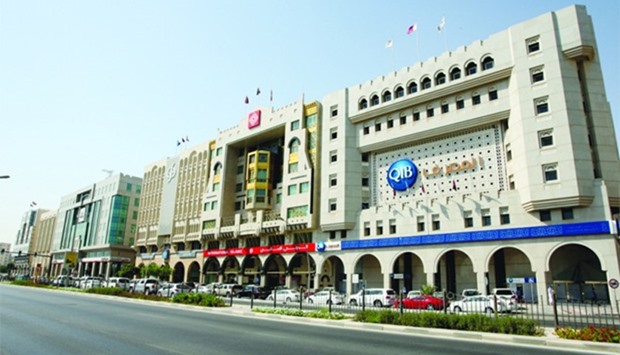The Financial soundness indicators in relation to Qatar’s banking sector’s risk rating are “fairly good”, Economist Intelligence Unit (EIU) said in a recent overview.
Qatar’s banking sector risk rating by EIU is supported by “strong” regulation and “solid” capital and liquidity indicators.
Commercial banks have been increasing liquidity from abroad in the form of a number of recent debt issues, and cash injections from the QIA have further bolstered their liquidity, EIU said.
In terms of sovereign risk, EIU said Qatar is expected to “fully meet” its external obligations, given its “large and stable” stock of foreign reserves and the fact that the public debt stock remains low by comparison with the similarly rated sovereign.
The researcher said the “threat of capital outflows in the wake of the regional blockade has largely subsided” with the “recovery and subsequent stabilisation” of foreign reserves and the return to a current-account surplus in 2018.
This, EIU noted, will be “maintained, albeit at a lower level” in 2019-20. Moreover, reserves at the sovereign wealth fund — Qatar Investment Authority — “provide strong underlying support” for maintaining the currency peg to the dollar.
According to EIU, the blockade has spurred a self-sufficiency drive in the country with many private companies looking into ways of developing “greater self-sufficiency and resilience” to trade shocks.
The researcher expects the self-sufficiency drive to continue, driven by “government incentives and private-sector companies seeking opportunities.”
The second National Development Strategy — a five-year plan until 2022 which was released in May 2018 — set several targets, including meeting 30% of meat and 65% of fish consumption from local sources.
Qatar’s hydrocarbons exports mean that it does not need to pursue import-substitution from a balance of payments perspective, but increasing local production does serve the wider purpose of non-oil diversification.
There is hope, EIU noted, that some of the new firms might even become exporters themselves with a major local producer beginning limited milk exports to countries such as Oman.
Business / Business
Strong regulation, solid capital and liquidity indicators support Qatar banks’ good rating: EIU


